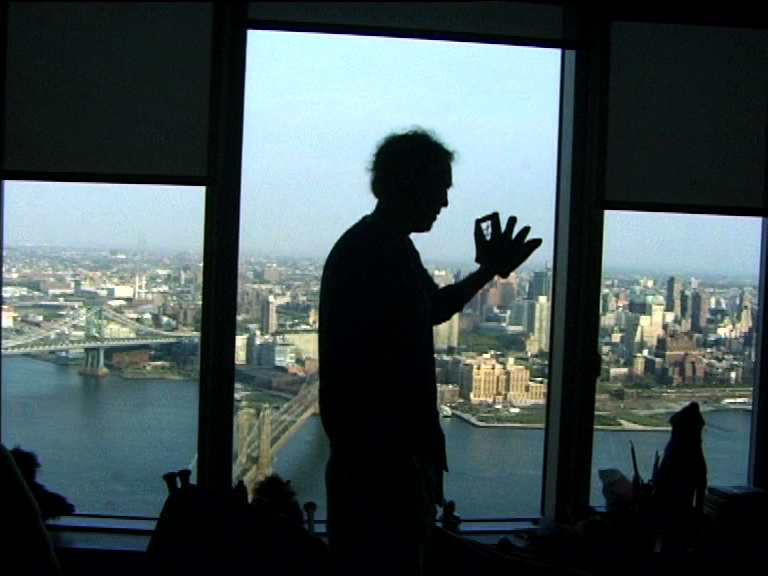- Event
- Film Screening
Jürgen Heiter and Raymond Pettibon
10pm Lincoln Boulevard, 2012. Long Live the People of the Revolution, 2010
Fri, November 22, 2013 4:00 pm CET
- Location
- Lecture Hall
The films 10pm Lincoln Boulevard and Long Live the People of the Revolution will be shown following a welcome address. Both films were produced in close collaboration between Jürgen Heiter and Raymond Pettibon, one of the most important contemporary North American artists.
10pm Lincoln Boulevard
The film was produced in New York, Los Angeles, Berlin, Frankfurt and Cologne with Raymond Pettibon as co-author and leading actor. The film shows the artistic process as performance: Pettibon as singer, as baseball player, as classic Hollywood director. It is a film in which the boundaries between fiction and documentary dissolve.
D, 2012, 86 minutes, color
Director, camera, editing and production: Jürgen Heiter
Book: Jürgen Heiter and Raymond Pettibon
Artistic collaboration: Cony Theis
Music: Oliver Augst and Raymond Pettibon
Post-production: Andreas Walther
with
Raymond Pettibon, Udo Kier, Oliver Augst, Cony Theis, Heather Harmon, Jürgen Heiter and the dogs Little B and Lulu A co-production by Heiter Filmproduktion with WDR-3sat
Editor: Reinhard Wulf
Long Live the People of the Revolution
The film begins and ends with performances of the same song named Long Live the People of the Revolution: the American artist Raymond Pettibon chants by the accordion of free jazz Rüdiger Carl, a line from the day of the proletariat, the choral work in honor of Karl Liebknecht, 1920, of the communist German playwrighter Ernst Toller. The film revolves around questions of utopia, still Ashes and Diamonds − the form of the film itself is a piece of utopia, without PlotPoints, − yet the film oscillates in its movements/sections between various cinematic forms.
There is the singer Marianne Rosenberg, but she does not sing Marleen but she plays a film director. The artist Raymond Pettibon occurs in the film as a singer, and once − at the end of the film − as a character from a novel by Emmanuel Bove. Udo Kier pushs wheelchairs at Venice beach/LA and meets a blind philosopher (Pettibon), who gives him a text he can not really talk, there is a madcap monologue from Otto Rössler, Chaos researcher from Tübingen, and a very long statement of Fernando Birri, the 83 year-old father of the Latin American revolutionary documentary film.
The Italian and English passages are German subtitled.
D, 2010, original with German subtitles, 116 minutes, color Director, book, editing and production: Jürgen Heiter
Dramaturgy: Helmut W. Banz
Artistic collaboration: Cony Theis
Camera: Jürgen Heiter, Ulrike Pfeiffer
Music: Rüdiger Carl, Raymond Pettibon
Post-production: Andreas Walther
with
Raymond Pettibon, Fernando Birri, Rüdiger Carl, Udo Kier, Marianne Rosenberg, Robin Thomas Maurizio Gabilli, Olaf Möller, Peter Penewskij, Otto E. Rössler
A Heiter film production in co-production with WDR-3sat
Editor: Reinhard Wulf
Both films were funded by Hessische Filmförderung [Film Funding Hessen].
